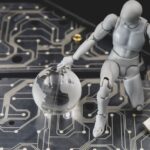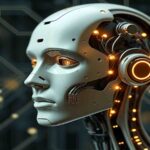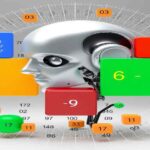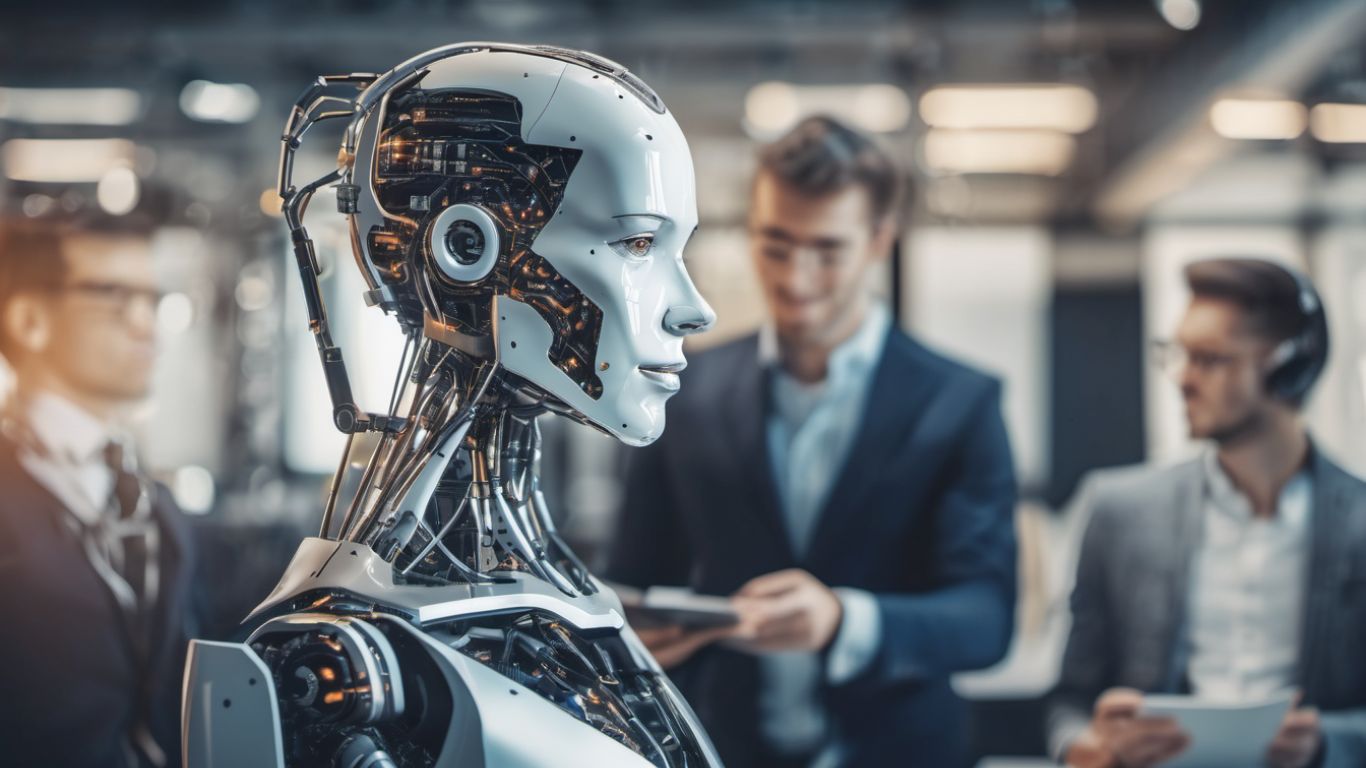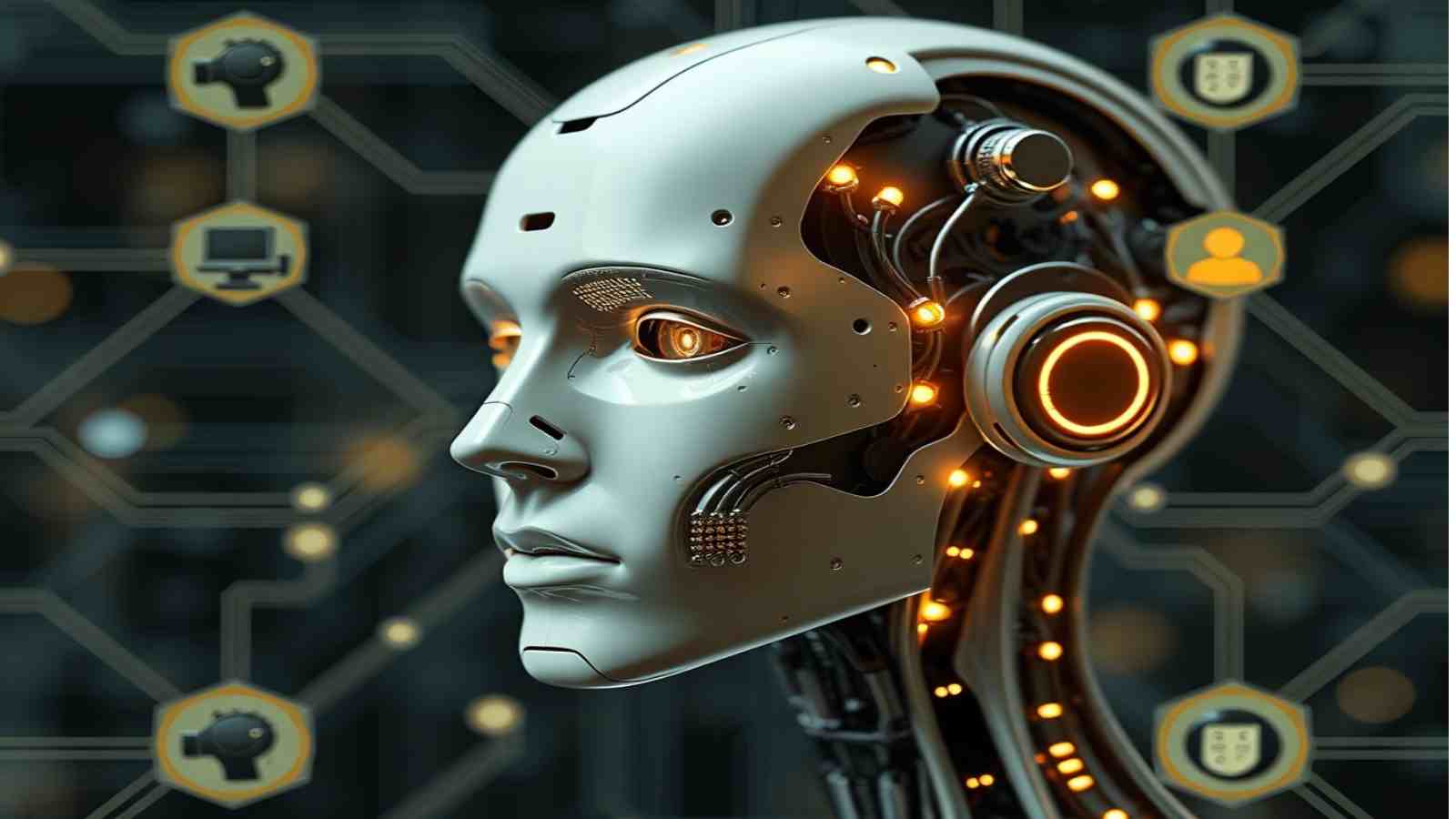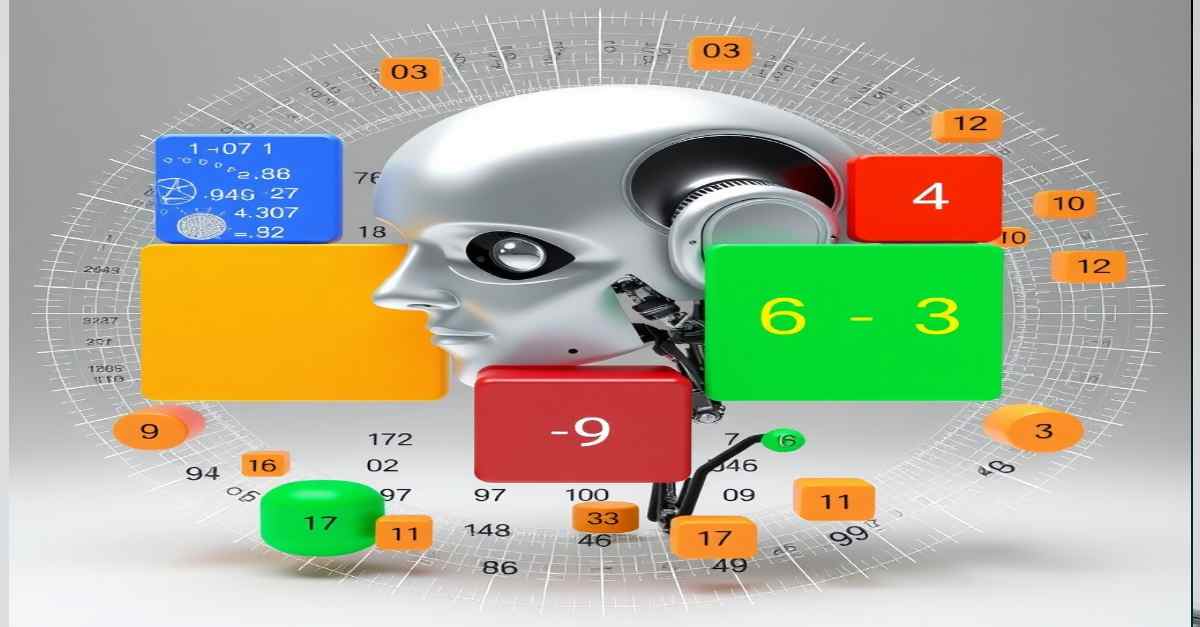Artificial Intelligence (AI) is revolutionizing various industries, and human resources (HR) is no exception. From streamlining recruitment to enhancing employee engagement, AI offers a range of benefits that can transform HR practices. However, integrating AI into HR also comes with its own set of challenges. This article explores the key benefits, challenges, case studies, and tips for successfully implementing AI in human resource management.
What is Artificial Intelligence in HR?
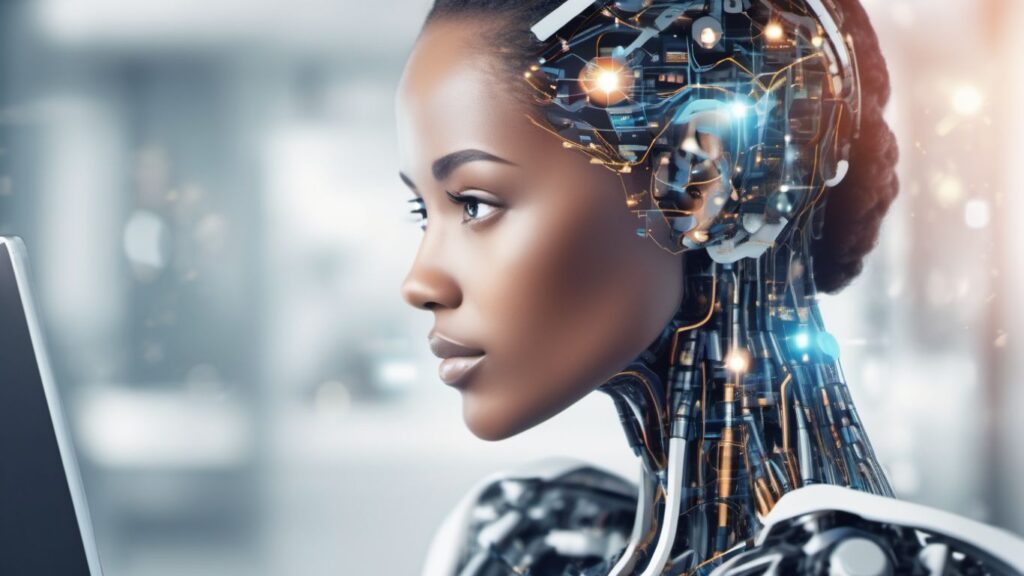
Artificial intelligence in HR refers to using machine learning algorithms and data analytics to automate and enhance HR processes. These AI-driven tools can analyze vast amounts of data to provide actionable insights, streamline operations, and improve decision-making.
Key Benefits of Using AI in HR
Streamlined Recruitment Process
AI can automate various stages of recruitment, from candidate sourcing to initial interviews. This saves time and effort and improves the quality of hires. For example, IBM’s Watson Recruitment tool has significantly reduced the time to fill positions and improved the quality of candidates through AI-driven matching.
Enhanced Employee Engagement
AI can personalize learning and development plans based on individual employee needs and preferences, leading to higher employee engagement and satisfaction. Companies like Hilton use AI-powered chatbots to assist with onboarding new employees, providing immediate support and answers to their questions.
Improved Decision-Making
AI-powered data-driven analytics can offer valuable insights for better workforce planning, performance evaluation, and retention strategies. Intel, for instance, uses AI to analyze employee data and predict which employees are at risk of leaving, allowing for proactive retention strategies.
Reduced Bias in Hiring and Promotion
AI can ensure all employees’ fair and equal treatment by reducing human biases in hiring and promotion decisions. Unilever’s use of AI in its hiring process has resulted in a 75% reduction in recruitment time while increasing the diversity of its hires.
Increased Operational Efficiency
AI can automate routine HR tasks, allowing HR professionals to focus on more strategic initiatives. This leads to increased operational efficiency and better resource allocation.
Enhanced Onboarding Experience
AI-powered chatbots can provide new employees with immediate support and answers during onboarding, improving their initial experience and reducing the workload for HR staff.
Challenges of Integrating AI into HR
Resistance to Change
Employees and HR professionals may perceive AI as threatening job security or replacing human judgment, leading to resistance.
High Initial Costs
Implementing AI technology requires significant investment, including training and upskilling staff.
Data Privacy and Security Concerns
AI systems require large volumes of sensitive employee data, raising concerns about privacy and security.
Transparency and Explainability
Ensuring that AI systems are transparent and explainable is crucial for gaining employee trust and complying with legal requirements.
Maintaining the Human Touch
While AI can automate many tasks, it’s essential to maintain the human touch in HR processes to ensure personalization and empathy.
Overreliance on AI
Overreliance on AI without understanding its limitations and potential biases can lead to flawed decision-making.
Case Studies of Successful AI Implementation in HR
IBM’s Watson Recruitment
IBM’s Watson Recruitment tool has significantly reduced the time to fill positions and improved the quality of candidates through AI-driven matching.
Unilever’s AI-Driven Hiring Process
Unilever’s use of AI in its hiring process has resulted in a 75% reduction in recruitment time while simultaneously increasing the diversity of its hires.
Hilton’s “Connie” Bot
Hilton uses an AI-powered chatbot named “Connie” to assist with onboarding new employees and answering HR-related questions, improving the onboarding experience and reducing HR workload.
Intel’s Predictive Analytics
Intel uses AI to analyze employee data and predict which employees are at risk of leaving, allowing for proactive retention strategies.
Tips for Successfully Implementing AI in HR
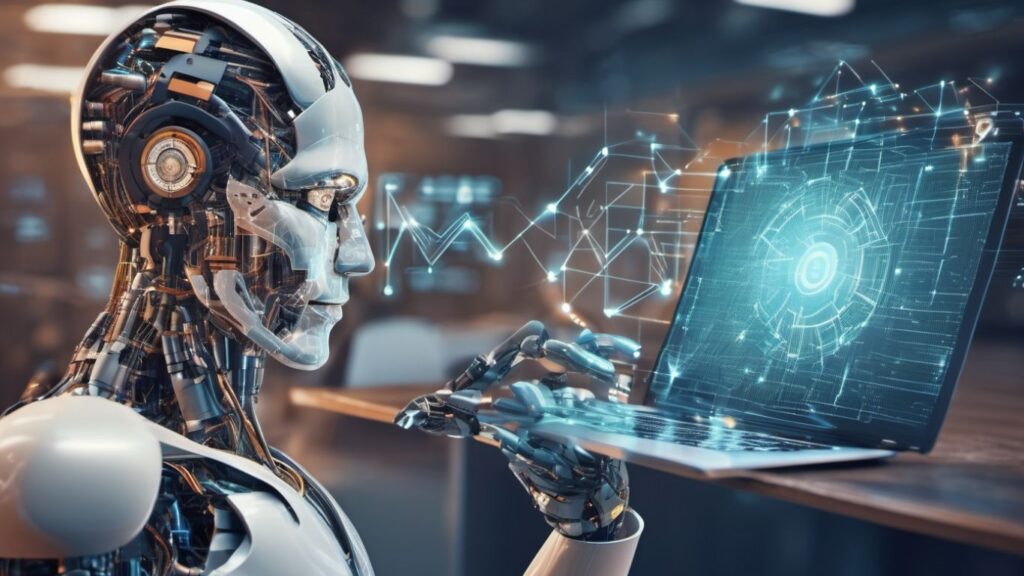
- Define Clear Objectives: Clearly define the objectives of AI integration in HR, focusing on specific areas for improvement, such as recruitment, employee engagement, or operational efficiency.
- Involve HR Professionals and Employees: Involve HR professionals and employees in the selection and design process to ensure AI complements human skills and addresses real needs.
- Invest in Training: Invest in comprehensive training for HR staff to understand and work effectively with AI tools, emphasizing the value they bring to strategic decision-making and employee support.
- Prioritize Data Privacy and Security: Implement robust protocols for handling employee data and ensure compliance with data privacy regulations.
- Start with Small-Scale Pilots: Test AI solutions on a smaller scale, gather feedback, and adjust before full deployment to minimize resistance and ensure a smoother transition.
- Communicate Openly: Communicate openly with employees about the role of AI in HR, its benefits, and how it will complement rather than replace human skills, fostering a culture of trust and collaboration.
- Monitor and Evaluate: Regularly monitor and evaluate the impact of AI on HR processes and employee experience, making adjustments as needed to maximize benefits.
FAQs
What is AI in HR?
AI in HR uses artificial intelligence technologies to automate, enhance, and streamline various human resource functions. This can include recruitment, employee engagement, data analysis, and more.
How can AI improve recruitment processes?
AI can automate many stages of the recruitment process, from sourcing candidates to conducting initial interviews. AI tools can also analyze large volumes of data to match the best candidates with job requirements, reducing time-to-hire and improving hire quality.
Is AI technology expensive to implement in HR departments?
While implementing AI technology requires an initial investment, including software, training, and upskilling staff, many businesses find that the long-term benefits, such as increased efficiency and reduced time spent on routine tasks, justify the expense.
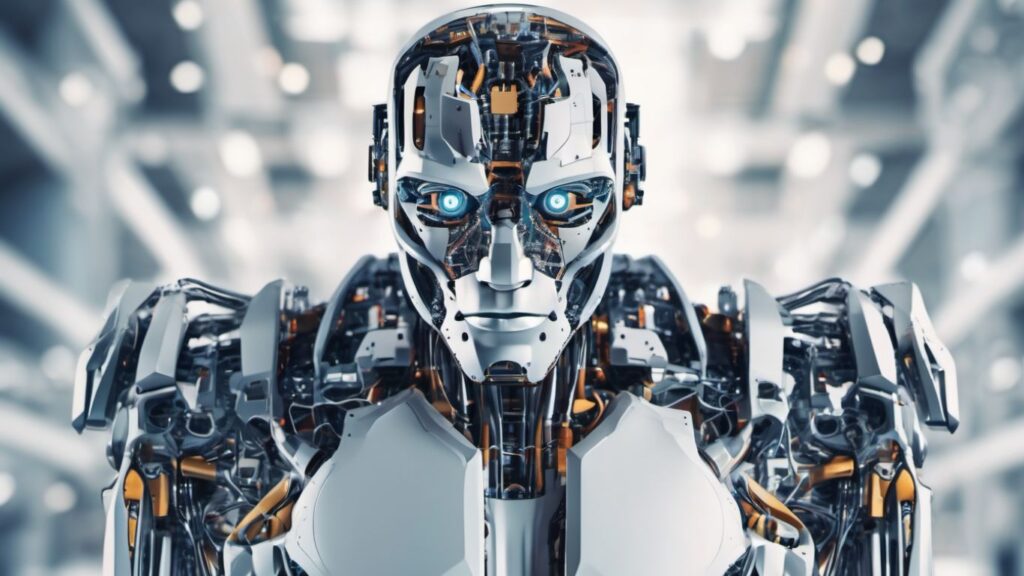
How does AI help in reducing bias in hiring?
AI can help reduce human hiring bias by using data-driven algorithms to evaluate candidates based on objective criteria. However, it is crucial to ensure that these algorithms are designed and monitored to prevent the introduction of new biases.
Can AI replace HR professionals?
AI is not intended to replace HR professionals but rather to assist them. By automating routine tasks and providing data-driven insights, AI tools can free HR professionals to focus on strategic initiatives and more personalized employee interactions.
What are the challenges of integrating AI into HR?
Challenges include employees’ and HR professionals’ resistance to change, high initial costs, data privacy and security concerns, transparency and explainability in AI systems, maintaining the human touch in HR processes, and avoiding overreliance on AI.
How is data privacy handled in AI-driven HR systems?
HR departments must implement robust protocols to handle sensitive employee data responsibly. This includes complying with data privacy regulations, ensuring secure data storage, and monitoring AI systems for potential breaches regularly.
What are some examples of companies successfully using AI in HR?
Examples include:
- IBM’s Watson Recruitment tool.
- Unilever’s AI-driven hiring process.
- Hilton’s “Connie” bot for onboarding.
- Intel’s predictive analytics for employee retention.
How can companies start implementing AI in HR?
Companies should start by defining clear objectives for AI integration, involving HR professionals and employees in the process, investing in training, prioritizing data privacy and security, starting with small-scale pilots, communicating openly, and regularly monitoring and evaluating AI’s impact.
Conclusion
AI is revolutionizing human resource management by offering a range of benefits, from streamlining recruitment to enhancing employee engagement and improving decision-making. However, successful integration requires careful planning, investment in training, and ongoing monitoring. Organizations can leverage AI to transform their HR functions and gain a competitive advantage by addressing the challenges and following best practices.
